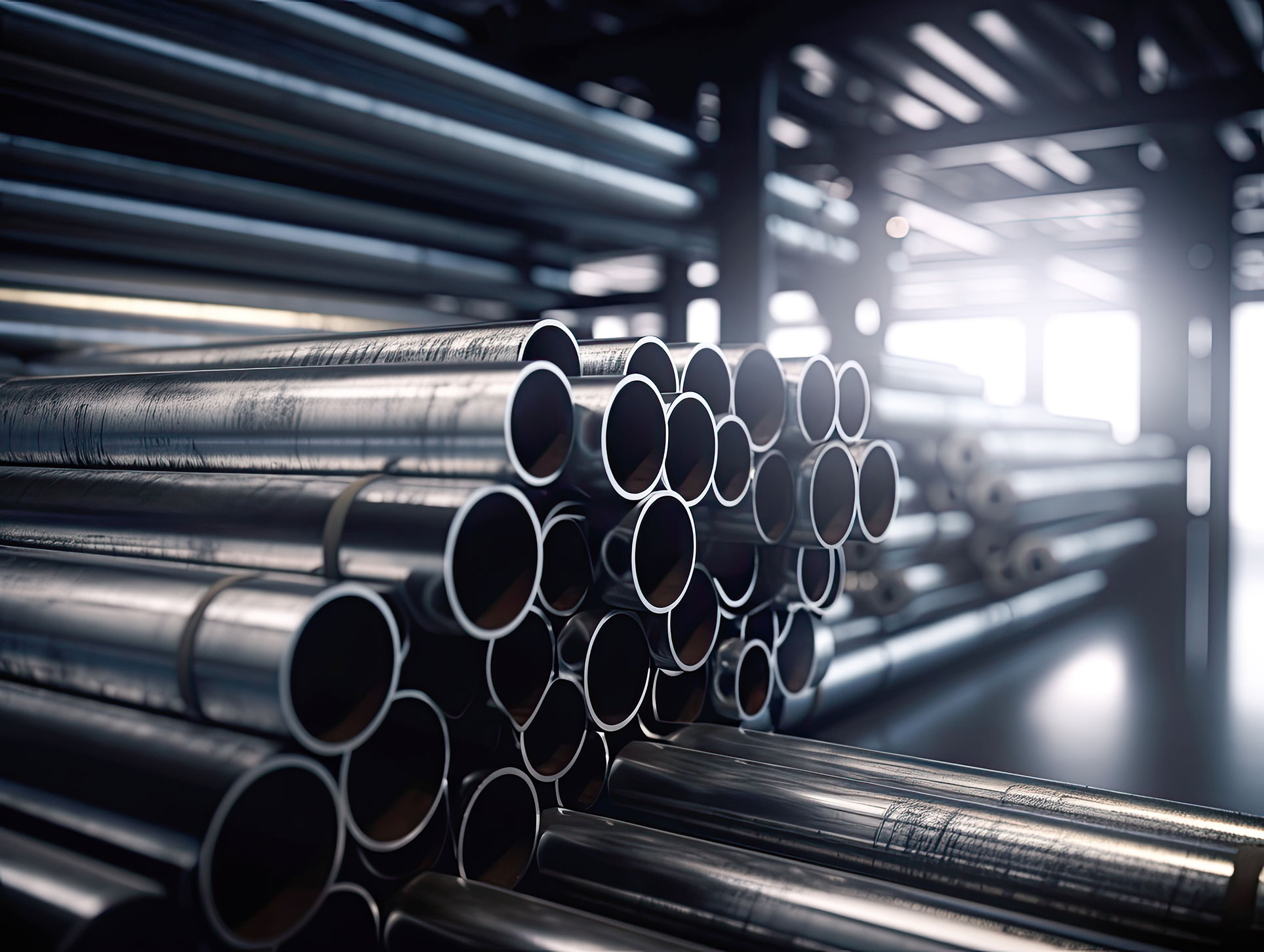When you specialise in steel tubing, it is important to have many options available. After all, there is no universal solution for most applications. Fortunately, we have ERW tubes available in all sorts of sizes. They also come in several shapes like rectangular, square, and round. As the top ERW steel tube supplier West Midlands has, you can rely on us to provide what you need.
Standards are essential
 When choosing any tubing material, standards are critical. If the products are low quality they can undermine structural integrity. It will lead to property damage and even more serious issues.
When choosing any tubing material, standards are critical. If the products are low quality they can undermine structural integrity. It will lead to property damage and even more serious issues.
Most users want the best quality tube. But, not everything on the market gets created equally. Nor do they meet the standard you expect. This is why knowing about the separate kinds of destructive testing is vital. The tests can aid in pinpointing which tube materials are superior to others.
The testing can showcase how tubes work under pressure, damaging them up to the failure point. It can identify breaking points, weaknesses, and strengths. You can take these factors into consideration when picking products for a project.
Not every tube testing method is destructive though. Less intensive options are known as non-destructive testing. However, the former is often the most reliable strategy because it is so direct. NDT does have some advantages due to the material savings, but may be best for secondary tests.
Fatigue testing
This is one of the most common options for testing. It takes place in a setting that simulates the material’s exposure to nature, including open air and salt water. Fatigue testing concentrates on how much your tubes and joints can hold under variable or unchanging loads. This is all while they deal with exposure to air and sea water. Additionally, it tests to see the extent and rate of crack growth in tubes, and the zones influenced by heat.
Corrosion testing
This covers the point and rate that smaller scale, aqueous corrosion happens. At other times it covers rust caused by saltwater. Another version can cover tubing that has a risk of corroding due to hydrogen exposure. The gas, together with stress, can increase the vulnerability to stress corrosion considerably. It can do so in many distinct tubes. At times, people perform this testing method at separate temperatures.
Hardness testing
Here we have one of the most straightforward and obvious methods of testing steel tubes. It dictates whether a part experiences permanent deformation. The method uses what is known as the Rockwell Scale of Hardness. It tells us how much the tube resists denting by inspecting the depth of penetration of an indenting substance. In application, hardness tests will decide how well a steel tube will endure over time. Also, it will tell us how long we can use it without the tubes breaking.
Residual stress measurement
Fatigue and stress cause fractures and cracks all over tubing. This is especially true if you introduce both together. But, the effects can go beyond just when the cracks and fractures start. For this reason, residual stress measurement is an important element of destructive testing with tubes. It measures how much stress effects stay within a solid material even after the original causes are gone.
Choose an ERW steel tube supplier in the West Midlands with high standards
At Union Steel Tubes, we always keep a huge quantity of stock available. In addition, we ensure every single tube meets our standards to maximise the quality of our merchandise. Such an approach is part of the reason why we are a reliable, reputable specialist.
So, if you want to order from the top ERW steel tube supplier in the West Midlands, please let us know. We’ll arrange quick delivery where possible.


